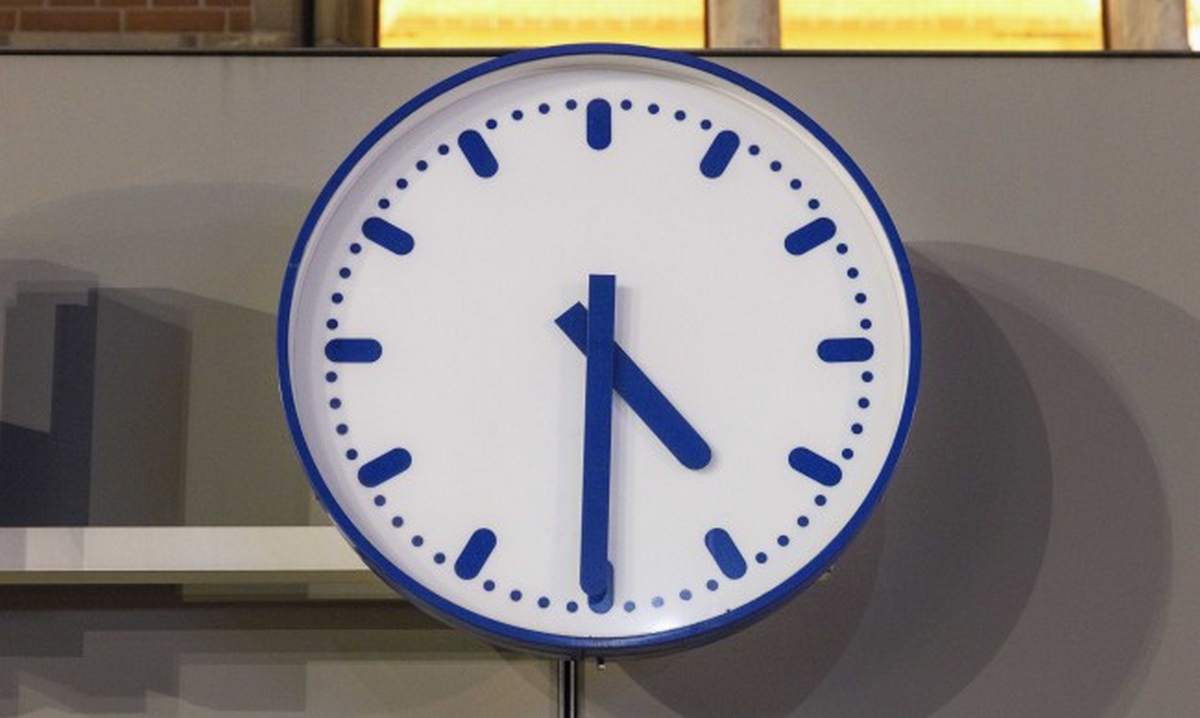EU member states will decide to switch to full daylight saving time. But the negotiations are deadlocked. “At the moment, the topic is frozen. The EU countries cannot come to an agreement among themselves,” the EPP / GERB MEP Emil Radev told Telegraph.
Continent
At the same time, a survey of residents of the Old Continent showed that 84% of Europeans do not want to change their watches twice a year. Some EU countries choose to stick to astronomical time, that is, winter time, while others choose daylight saving time.
“There is a so-called genotype of circadian or biological rhythms. Therefore, when travelers travel to the United States, Canada, South Africa and even Western Europe, they cannot tolerate the climate, get sick and cannot synchronize. We are genotypically designed to live in this time zone and with these circadian rhythms, so we cannot fully develop elsewhere,” explains psychiatrist Veselin Gerev.
“The constant rotation of the arrows is associated with risk. According to a study in Germany, the number of road accidents increases by 40% on Mondays after a time change, regardless of whether it is set forward or backward one hour. Then the bus traveling from Sofia to Burgas slid into a ditch because the driver fell asleep. This was because he was unable to sync and was asleep at that moment on a previous trip,” recalls Dr. Gerev. This shows that some professions are very risky in terms of time changes. Pilots, bus drivers and taxi drivers must synchronize their biological clock with rotating hands.
Health
Moving the clock hands every six months affects the health of millions of people. Research from around the world shows that the number of heart attacks, strokes and work accidents increases by more than 50% after changing jobs. Even for the sake of this alone, it is worth refusing to change the clock, the specialist notes. The shift itself disrupts the basic biological rhythm of the body, the so-called circadian rhythm. This is especially dangerous for people with chronic illnesses.
The most risky group includes people with endocrine and cardiovascular diseases, since therapy is usually constant in them, and medications are taken three times a day.
At the end of October in Europe, they set the clock back an hour: “Thus, in reality, people will postpone therapy, in practice it can be fatal. I urge people with diabetes to make changes in their daily routine. Every day of the week before the transition it would be good to postpone medication for another time by 10 minutes. Thus, even if the clock is set back an hour, they will not risk taking medication an hour later,” the psychiatrist notes. Freelancers, on the other hand, should get up 10-15 minutes earlier. Thus, in 3-4 days they will be able to regulate their circadian rhythm. A healthy person needs five days to adapt to turning his hands, “Monitor” writes.

